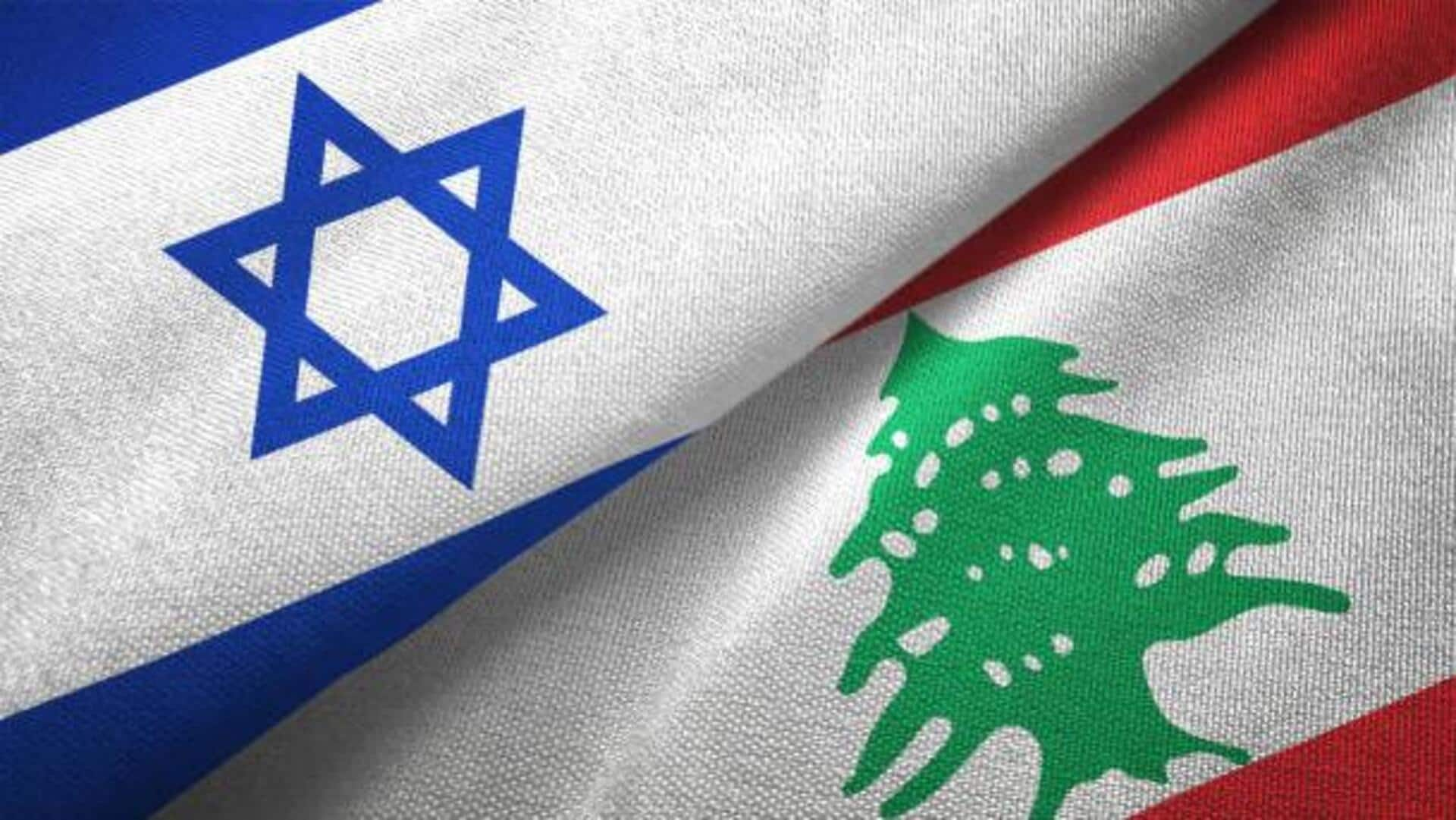
Explained: Israel, Hezbollah reach ceasefire deal for Lebanon
What's the story
Israel and Hezbollah have agreed to a United States-brokered ceasefire deal in Lebanon, starting Wednesday.
The deal requires a 60-day pause in hostilities, during which Israeli forces will pull back from Lebanese territory.
Meanwhile, Hezbollah is to withdraw around 40km from the Israel-Lebanon border.
United States President Joe Biden confirmed the deal, calling it a step towards a "permanent cessation of hostilities."
Peacekeeping efforts
Ceasefire deal includes deployment of peacekeepers
The ceasefire agreement also involves the deployment of thousands of Lebanese soldiers and United Nations peacekeepers south of the Litani River.
An international monitoring group, led by the US, will monitor compliance with this agreement.
President Biden said the deal seeks to bring about a lasting end to hostilities between Israel and Hezbollah.
Conflict impact
Conflict's toll and Israel's stance on ceasefire violation
The Israel-Hezbollah conflict has displaced over 1.2 million Lebanese and 50,000 Israelis.
According to Lebanese officials, over 3,700 people—mostly civilians—have died in Israel's bombing campaign. Over 130 Israelis have also been killed in the conflict.
Against this backdrop, Israel has insisted on retaining the right to act if Hezbollah violates the agreement—a provision opposed by Lebanese officials.
Conditional support
Hezbollah's support conditional on Israel's compliance
Hezbollah's support for the ceasefire depends on guarantees that Israel won't resume attacks.
Mahmoud Qamati, deputy chair of Hezbollah's political council, said any violation of Lebanon's sovereignty is unacceptable.
The ceasefire deal does not address the ongoing conflict in Gaza, which started after a Hamas attack on southern Israel in October 2023 and continues without resolution from this deal.
Global backing
International leaders express support for ceasefire deal
International leaders, including US President Biden and UK Prime Minister Keir Starmer, have hailed the ceasefire deal.
Biden called it "good news" while Starmer said it was "long overdue."
French President Emmanuel Macron also supported the agreement in a joint statement with Biden.
Lebanon's caretaker Prime Minister Najib Mikati welcomed the ceasefire as a significant step toward regional stability.